[ad_1]
By Buyer Creator Acadia Tucker
Planting a Native local weather Victory Yard is a robust act. It presents every of us with entry to barely grime the facility to feed ourselves healthful meals, together with one issue we’re able to do regarding the specter of native local weather change.
Many native local weather activists promote expensive utilized sciences that pull carbon out of the air and inject it into deep pockets underground. Vegetation already do that with out spending a dime by means of photosynthesis, the tactic by which gentle vitality is turned plant meals.
This performance to seize greenhouse gases is why many specialists keep in mind regenerative agriculture, moreover generally known as carbon farming, may play a essential place in stopping native local weather change. The Rodale Institute estimates we may sequester bigger than 100% of annual carbon dioxide emissions worldwide if we alter to regenerative agriculture strategies to develop our meals.
Cultivating even barely patch of soil, in pots or in your yard, factors. Eric Toensmeier, creator of The Carbon Farming Choice estimates that his personal tiny carbon-rich yard yard, just a few tenth of an acre, can offset the carbon emissions of 1 American grownup per 12 months.
So what if additional of us began a Native local weather Victory Yard in our personal yards? What if a group of citizen gardeners joined collectively to develop good meals? It would occur. Actually, it’s occurred ahead of.
Victory Gardens Began All by means of WW2
All by means of World Wrestle II all through the 1940’s, Victory Gardens sprouted everywhere inside the nation. The goal was to assist the battle effort: additional meals grown at dwelling for civilians meant additional meals to ship to the troops overseas. It furthermore meant the vans and trains ordinarily used to maneuver produce to grocery shops had been freed as loads as swap weapons and troopers. And rising meals at dwelling helped households stretch their meager weekly rations. By 1943, the nearly 20 million Victory Gardens all by means of the nation had been rising 40 p.c of the nation’s meals.
Many a really very long time later, we may use a mannequin new Victory Yard motion. We’re going to foyer our leaders to do the precise situation by our planet, nonetheless we’re able to furthermore take motion ourselves. On this nation alone, properties, golf purposes, and parks develop roughly 40 million acres of turfgrass or about thrice the quantity of land devoted to rising corn. Further notably, the usual American family maintains a yard pretty decrease than one-fifth of an acre in dimension, in response to 2017 census data. That’s fairly just a few land which is able to very properly be put to good use as carbon-sucking mini-farms.
Consultants agree additional analysis is required to know the general potential of carbon farming in our personal backyards nonetheless there’s no query that even a small improve in soil carbon can enhance crop resilience, scale back chemical use, defend water, and offset greenhouse gasoline emissions. Merely as thrilling, it’s fairly simple to assemble wealthy soil.
Uncover methods to begin a Native local weather Victory Yard
4 Steps
STEP 1: Choose a location in your Victory Yard
A great planting mattress will get quite a lot of photograph voltaic, has quick entry to a water spigot, which helps reduce down on the time and problem of watering, and is also seen out of your property so there’s loads a lot much less of an opportunity you’ll overlook about it. Nevertheless when your solely wager is a plot that’s intently shaded and bone dry, don’t fear about it. It merely means you’ll ought to work additional onerous to assemble good soil and resolve vegetation which will thrive with out hundreds photograph voltaic. Briefly, it is likely to be achieved!
STEP 2: Assemble your yard beds
The toughest observe for me to undertake on my methodology to turning proper right into a regenerative grower was low-till farming. Working a big steel rototiller by means of grime is a extremely environment nice methodology to interrupt up weeds and grass and dig seed furrows. Sadly, this machine furthermore breaks aside the soil’s pure constructing and the dwelling soil group that works so onerous to nourish vegetation.
As an alternative, I’ve discovered to develop vegetation on planting beds made out of layers of cardboard or newspaper, leaves, grass clippings, compost, and one other pure provides you are going to get your palms on. With sheet mulching, you most likely can depart soil organisms alone to allow them to go about their lives, breaking down pure matter, recycling dietary nutritional vitamins, and aerating the soil. It’s my go-to methodology for beginning a mannequin new yard. It permits you to assemble good soil whereas eliminating weeds, all with out digging, plus it truly works correctly for practically any residence. Creating soil does take time, nonetheless, and requires a hefty current of leaves, grass clippings, cardboard, and completely completely different pure provides, so it’s not for everybody.
There’s one completely different methodology to position collectively your planting home: add additional soil. Shovel on soil from wherever in your yard, so long as you’ve first eradicated all of the weeds. In case your yard is just too weedy or onerous to dig up, or simply not all that vast, purchase some soil out of your native yard coronary coronary heart. Search for provider; some locations will resell grime from progress internet sites, which is low high quality and should comprise poisonous chemical substances. Not good! What you need is an pure soil made for gardening. That technique it’s protected, gentle, and fast-draining, not compact and heavy like most progress soil.
STEP 3: Plant perennial greens and fruit
Artichokes, asparagus, rhubarb, strawberries and apple timber. These are all examples of perennial meals, that are hardier than annuals and marry correctly with Native local weather Victory Yard targets. Any plant is also grown utilizing a soil-first methodology, and be tastier and extra resilient for it. Nonetheless perennials are an very important selection due to they require minimal to no soil disturbance and can stick spherical for only a few years.
One purpose they accomplish that correctly is that they’re anchored by in depth root purposes that assist them uncover water and dietary nutritional vitamins deep all through the soil. Deep roots furthermore give these vegetation endurance as quickly as they’re buffeted by heavy winds, rains, and snow. Having the equal vegetation in place for years makes it simpler for all of the carbon sequestering organisms—the micro organism, fungi, and bugs—to assemble and multiply. Bigger than 100 fully varied sorts of edible perennial greens and fruits develop correctly in North America.
STEP 4: Add pure matter
Planting a Native local weather Victory Yard is exclusive in how hundreds emphasis it areas on soil properly being. You may’t change the inert mineral basis of your native soil, nonetheless you most likely can convey it to life. All you must do is add pure matter.
Pure matter is the celeb ingredient in healthful soil. It’s the shredded leaves you unfold as mulch, the kitchen scraps you add to your compost heap, the sooner roots left to decompose underground. Principally, it’s one factor that was as rapidly as dwelling.
Hungry soil organisms break down these lifeless
leaves, roots, and scraps and convert them into plant dietary nutritional vitamins, like
phosphorus, nitrogen, and potassium. This course of, normally generally known as decomposition,
produces humus, a darkish brown provides that’s 60 p.c carbon. Humus could very effectively be very
protected and, if undisturbed, can maintain all through the soil for an entire bunch and even
an entire lot of years.
Soils wealthy in pure matter take in water and
dietary nutritional vitamins due to the molecules are charged, type of an identical to the static cling that
makes a sock comply together with your shirt while you pull your garments out of the dryer.
This worth holds moisture and dietary nutritional vitamins tight so it’s loads a lot much less doubtless they’ll
evaporate or wash away. Rising pure matter in your soil by only one
p.c can improve its water-retaining performance by an additional 20,000 gallons per
acre.
Rising the share of pure matter all through the soil furthermore feeds mycorrhizal fungi, large networks of fungi that launch glomalin. Glomalin is a sticky, gum-like substance that binds collectively particles of sand, silt, and clay, making a soil constructing that additional helps to lock in moisture and carry on to dietary nutritional vitamins. These favorable situations make vegetation sturdier and extra resilient, a big plus in these climate-challenged conditions.
Perhaps you don’t have a yard? An impressive methodology to get your palms soiled is to be part of a bunch yard, current to assist in one different particular person’s yard, or look for a yard to share on SharedEarth.com. If these don’t work, you most likely can develop in containers set out on a balcony or porch.
And so is container gardening
Container rising is simple so long as you resolve the precise dimension and begin off with good soil. The larger the pot the higher due to rootbound or crowded vegetation don’t native climate exterior temperature swings correctly and usually want additional tending. I need to fill my containers with handmade potting soil that’s a mixture of equal components coconut fiber, good yard soil, compost, and sand. You might too purchase potting soil from a yard retailer. Search for potting soil that’s inoculated with mycorrhizae, a fungus that works with plant roots to soak up additional dietary nutritional vitamins.
When you plant your Native local weather Victory Yard take the time to take pleasure in it! Don’t stress if it isn’t good. One situation I truly like about rising meals is that there’s all the time subsequent season to spice up and assemble upon what you began.
So let’s develop some good meals. It’s time.
Creator Bio: Acadia Tucker is a regenerative farmer, native local weather activist, and creator of Rising Perennial Meals: A Self-discipline Data to Elevating Resilient Herbs, Fruits, and Greens and Rising Good Meals: A Citizen’s Data to Yard Carbon Farming
. She at present lives in Maine and New Hampshire collectively collectively along with her farm canine, Nimbus. When she isn’t elevating perennials in her personal yard, she grows hops to assist domestically sourced craft beer in New England.
[ad_2]
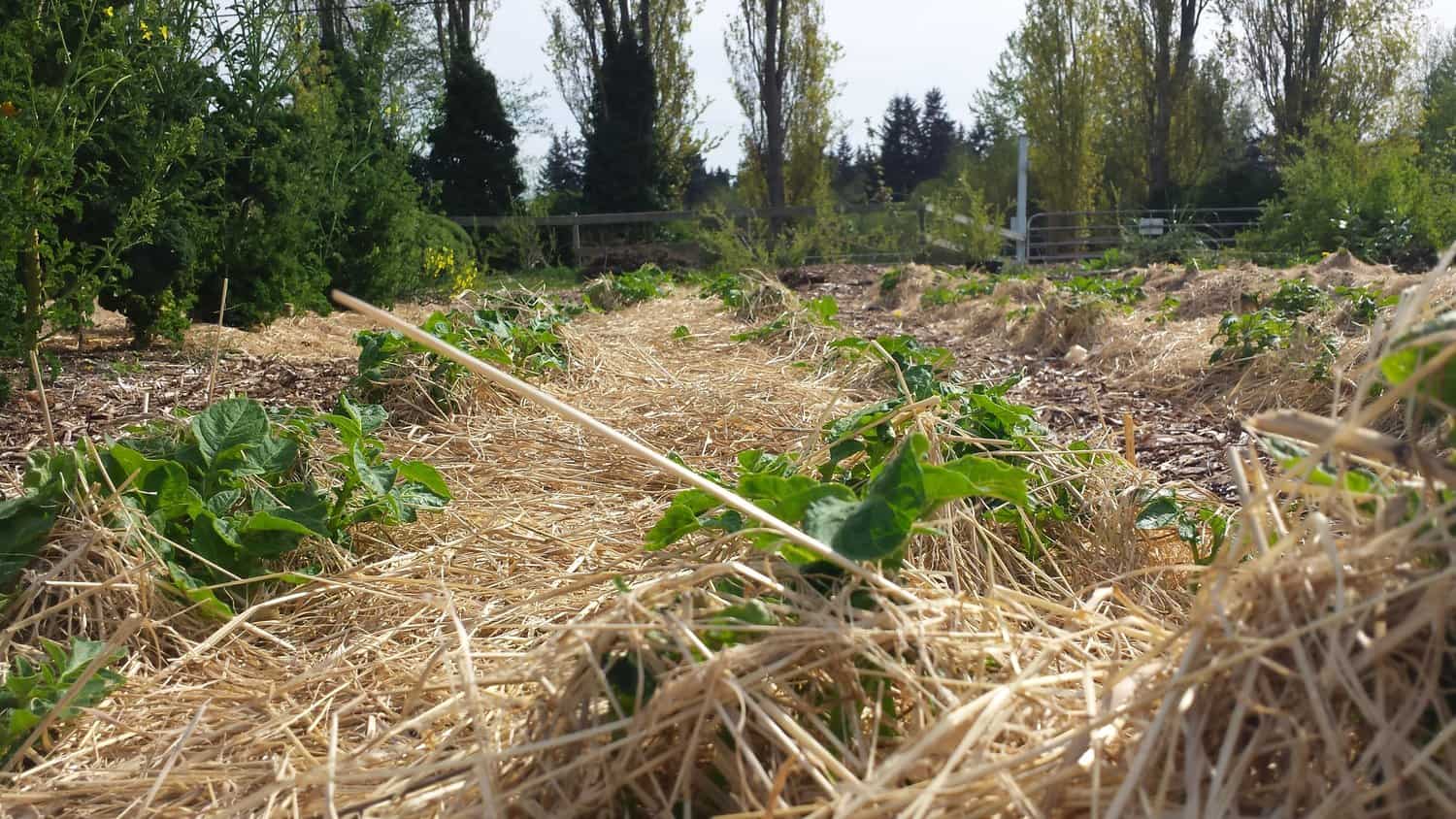
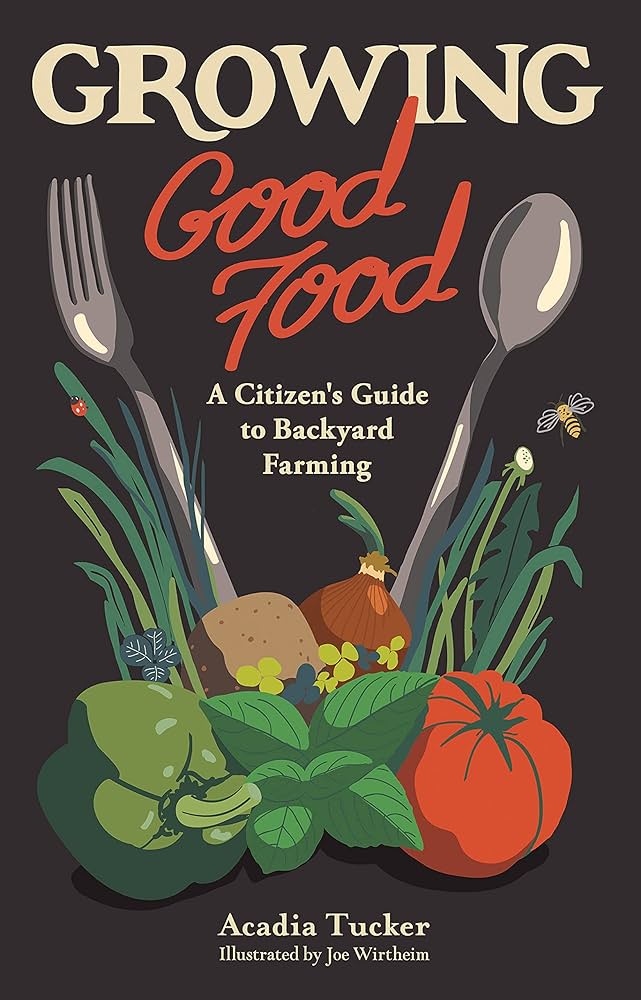
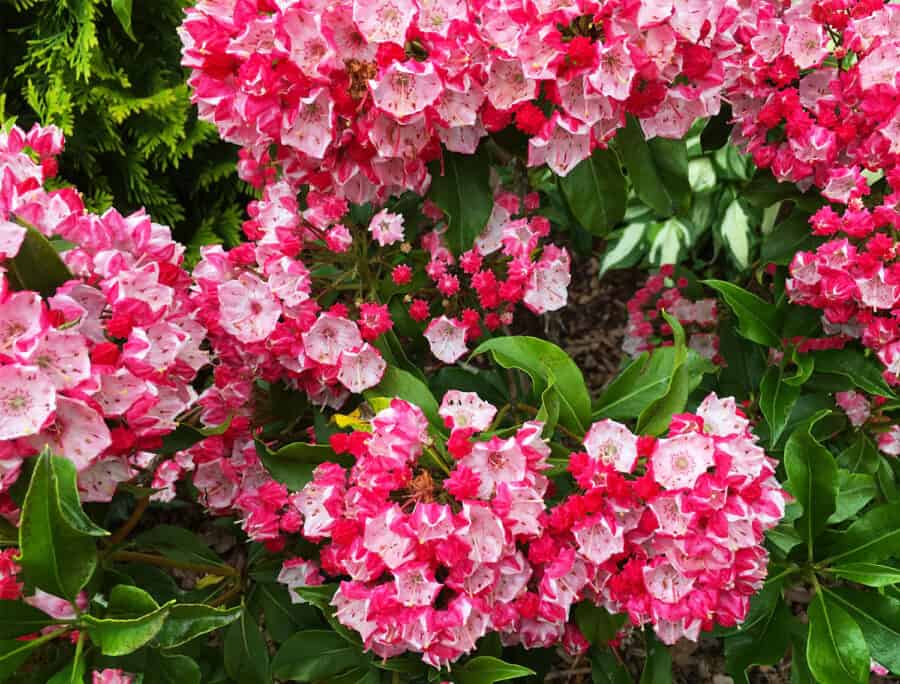
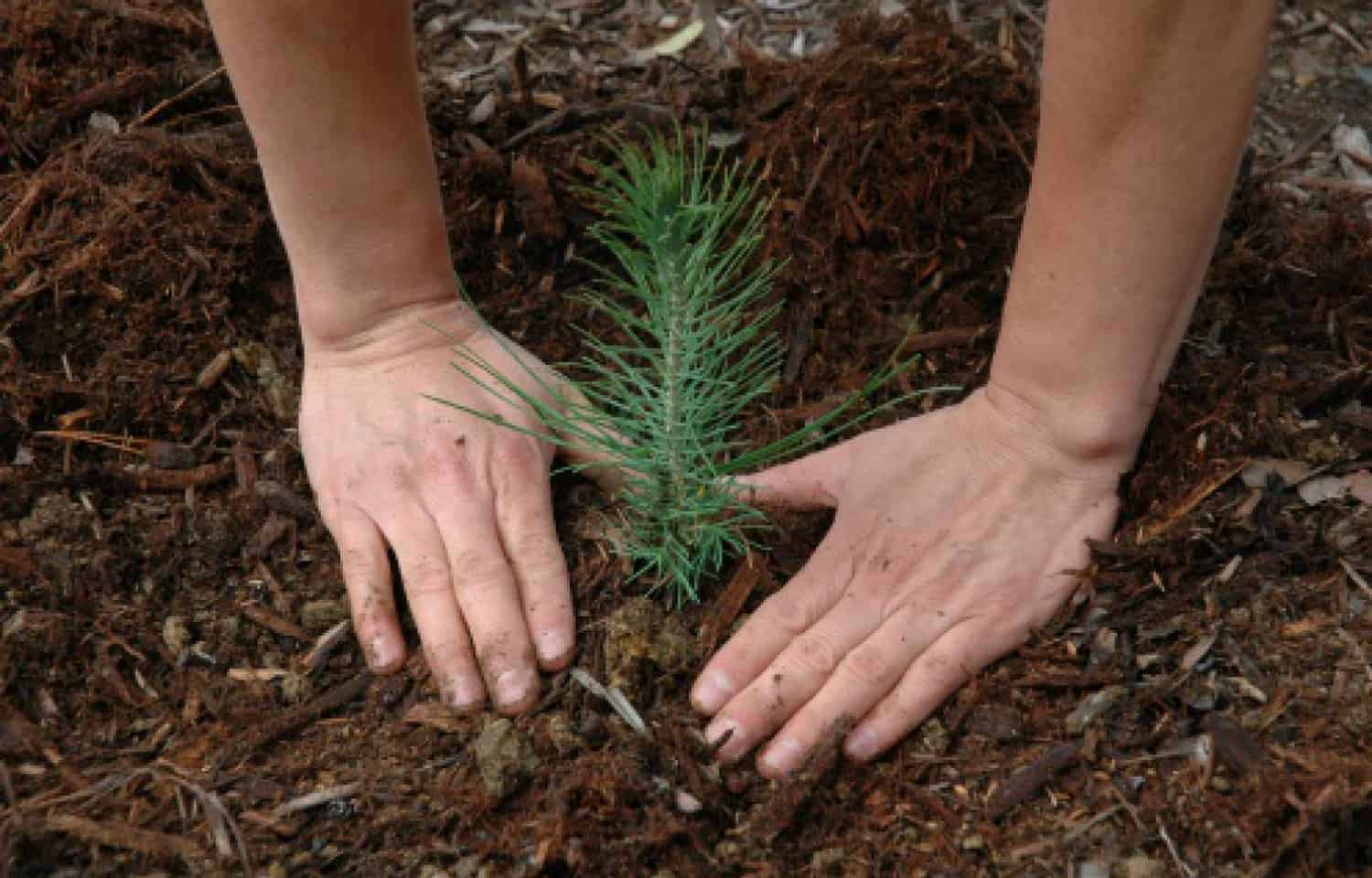
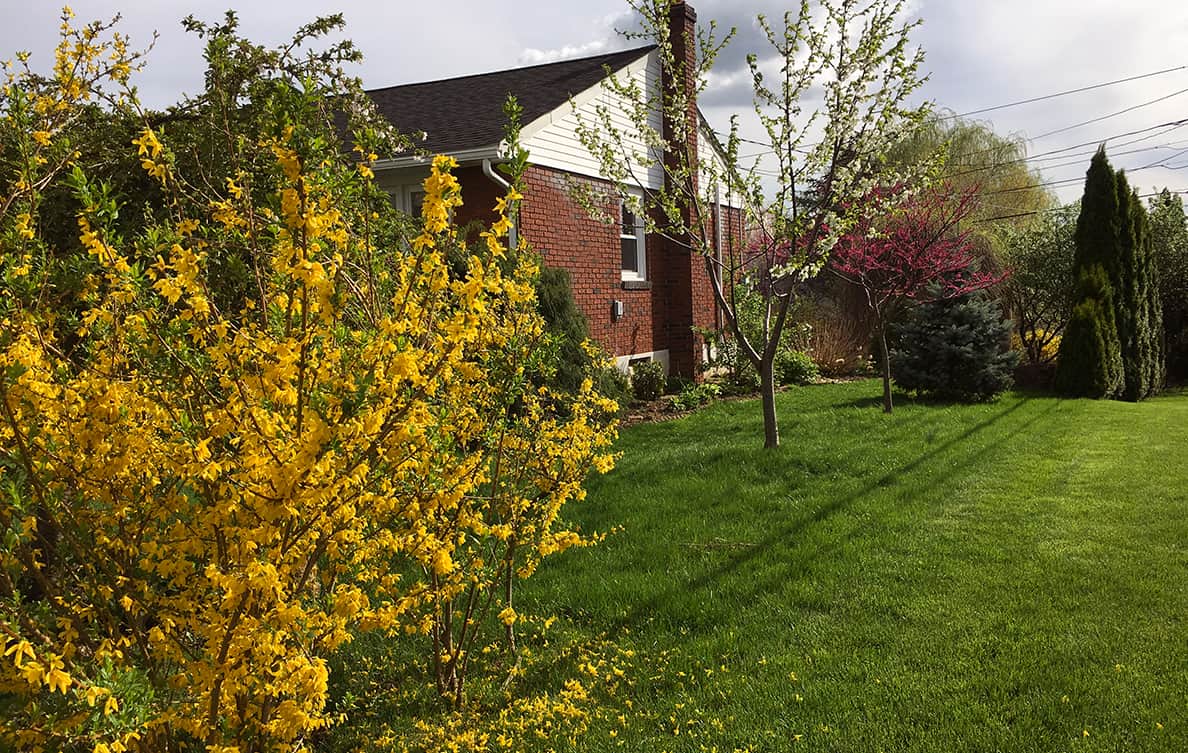
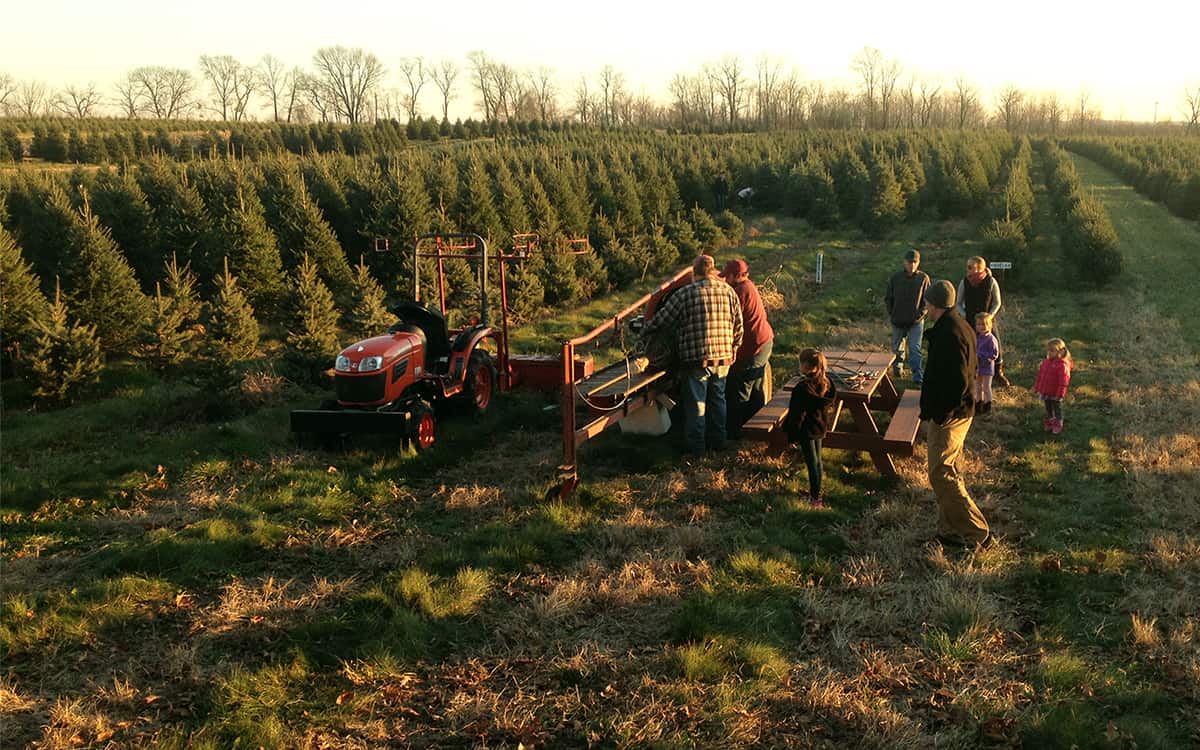
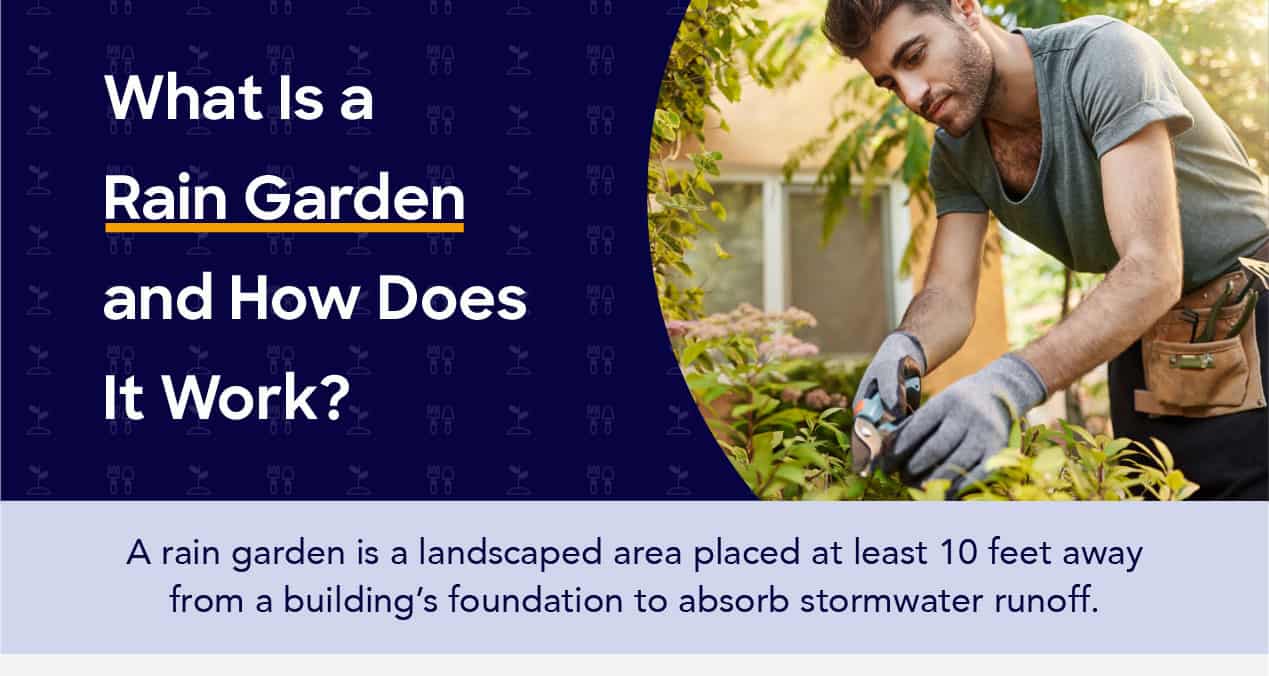
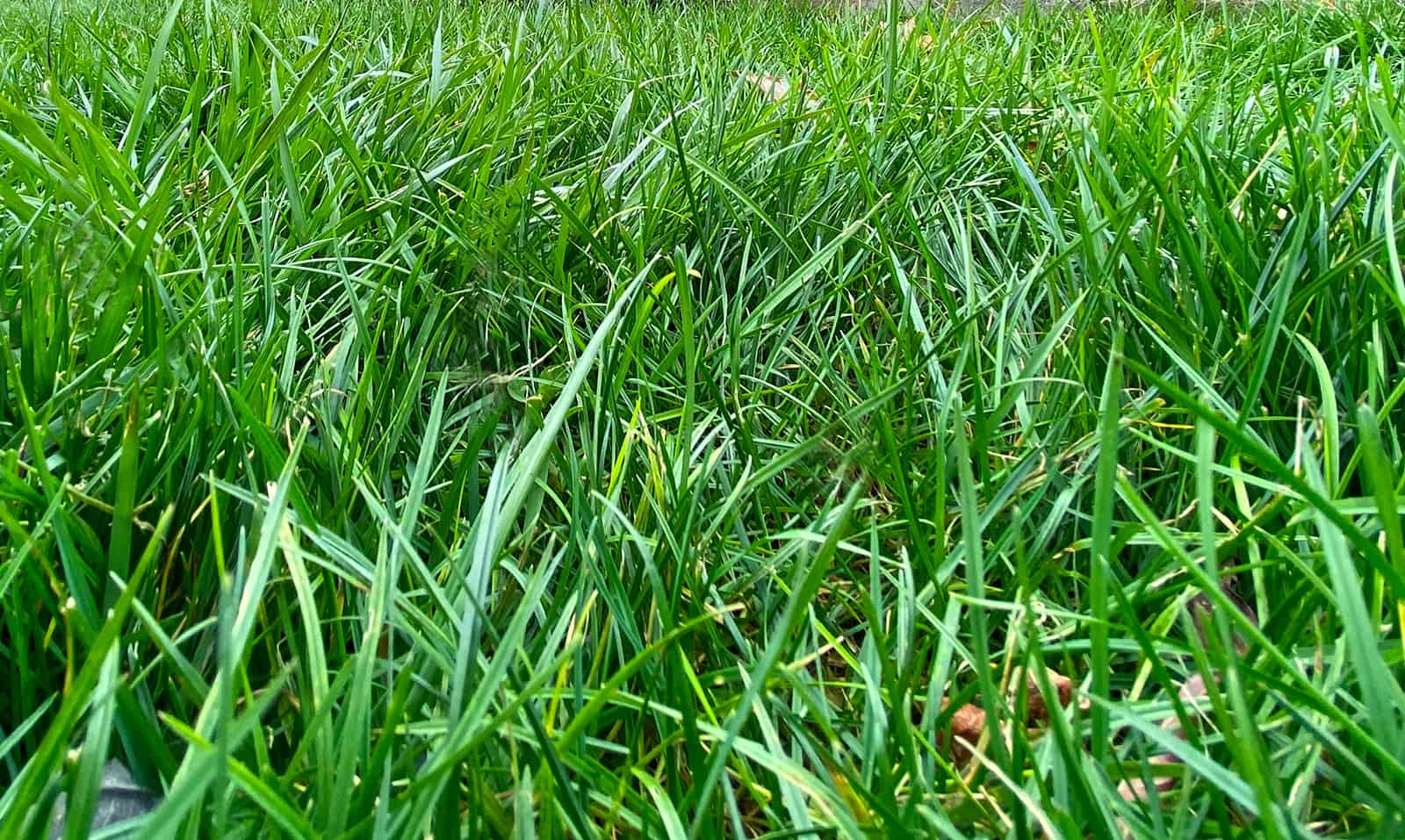
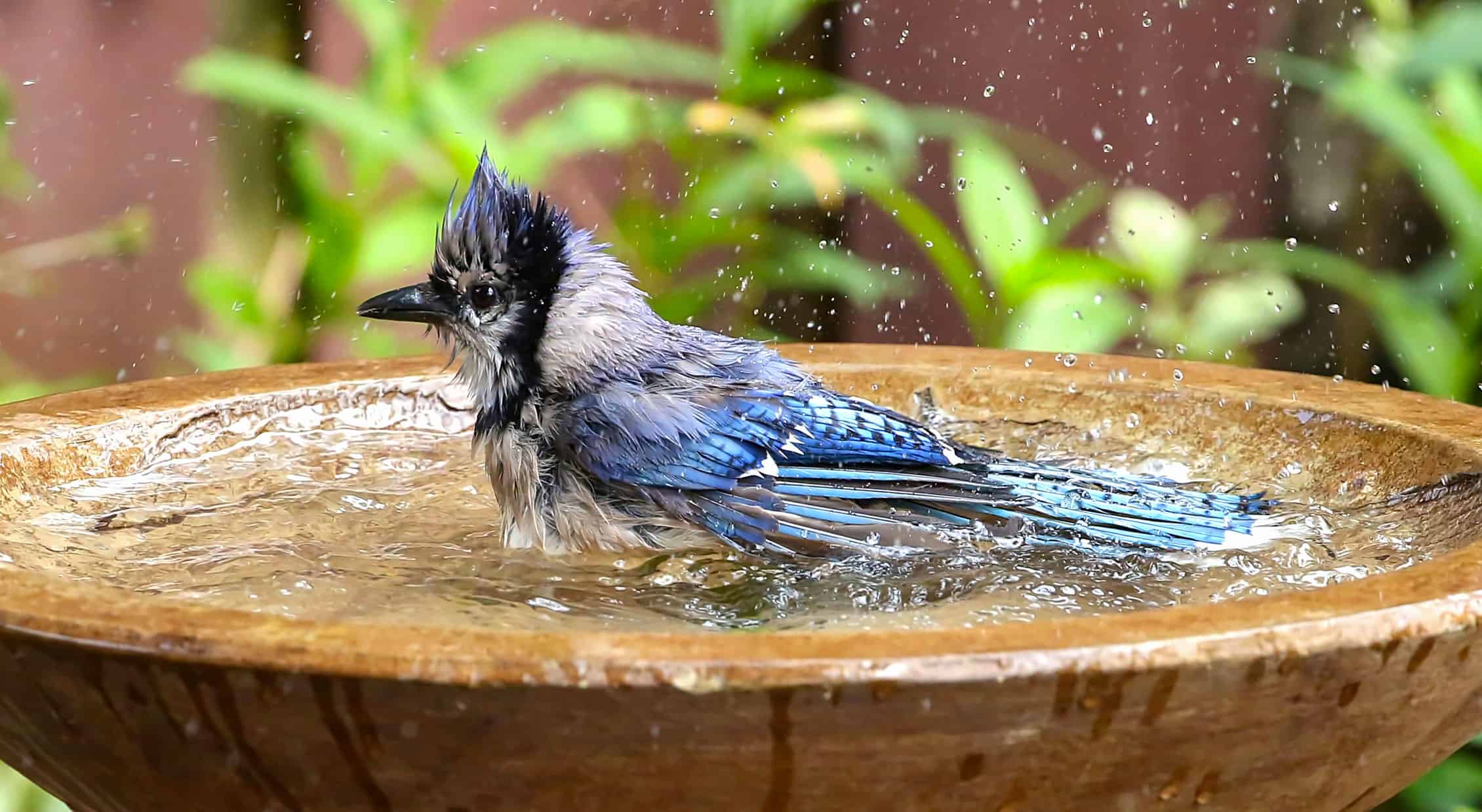

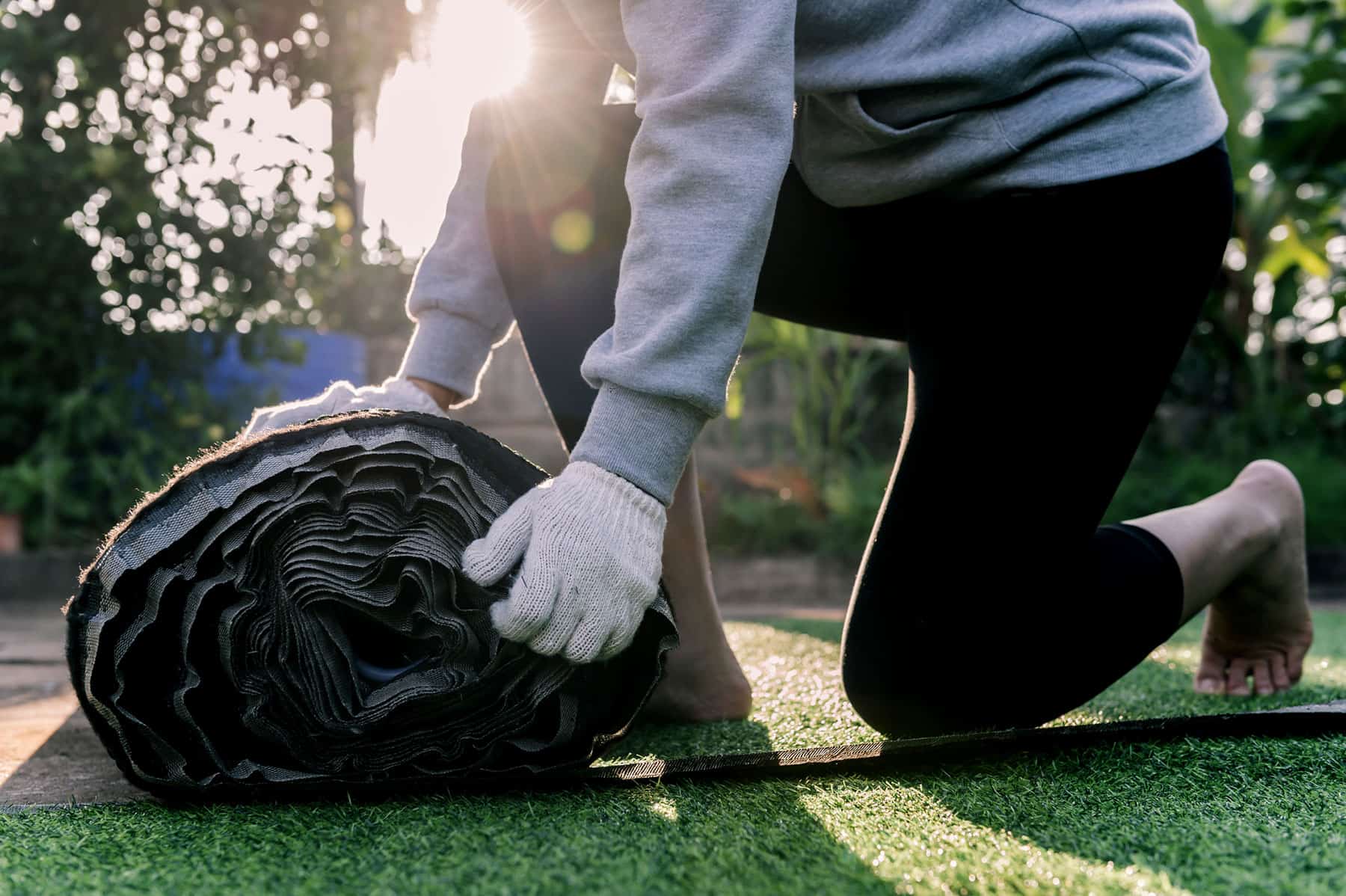
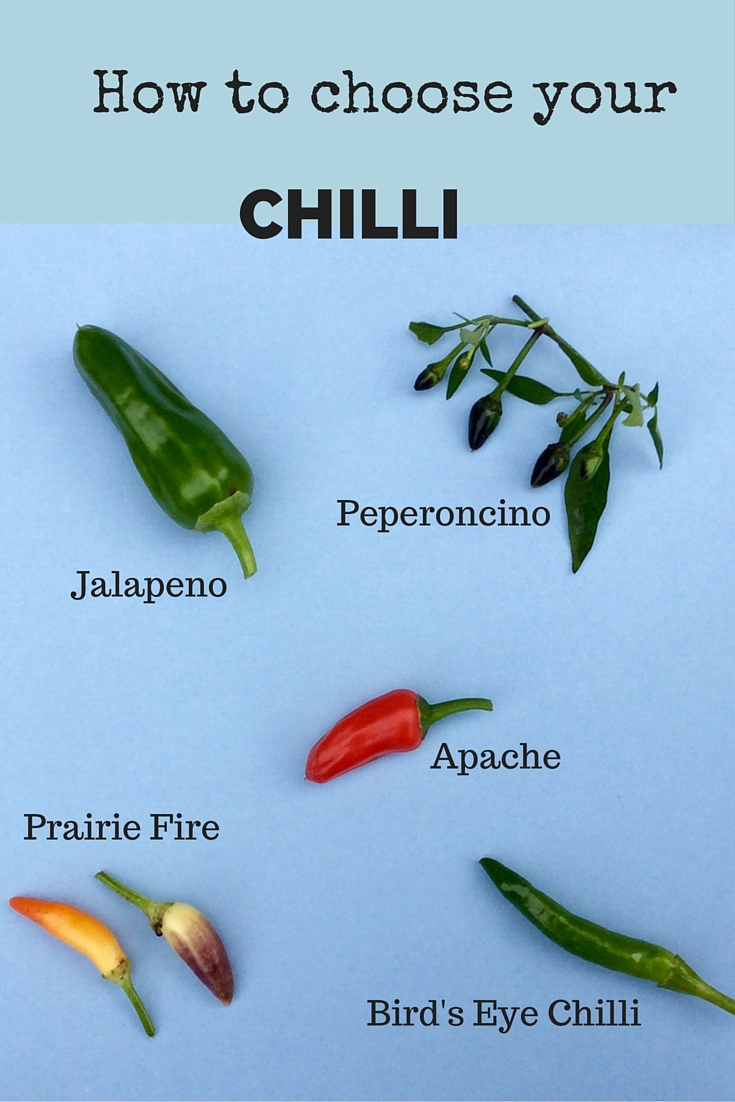
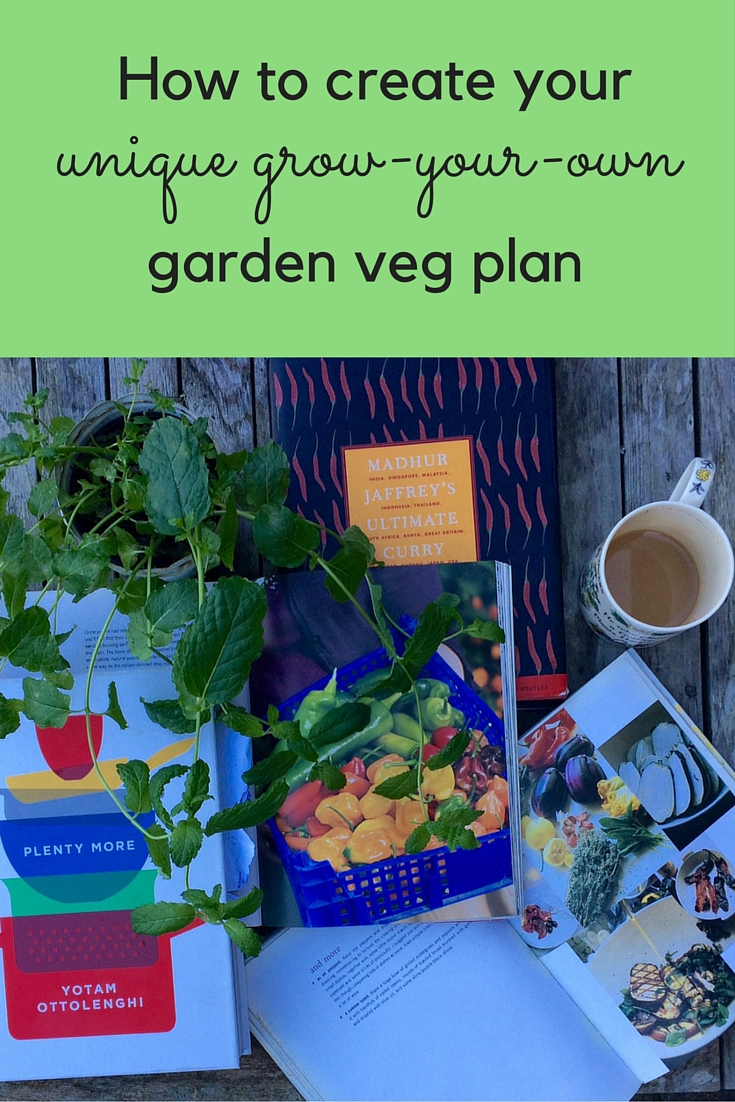
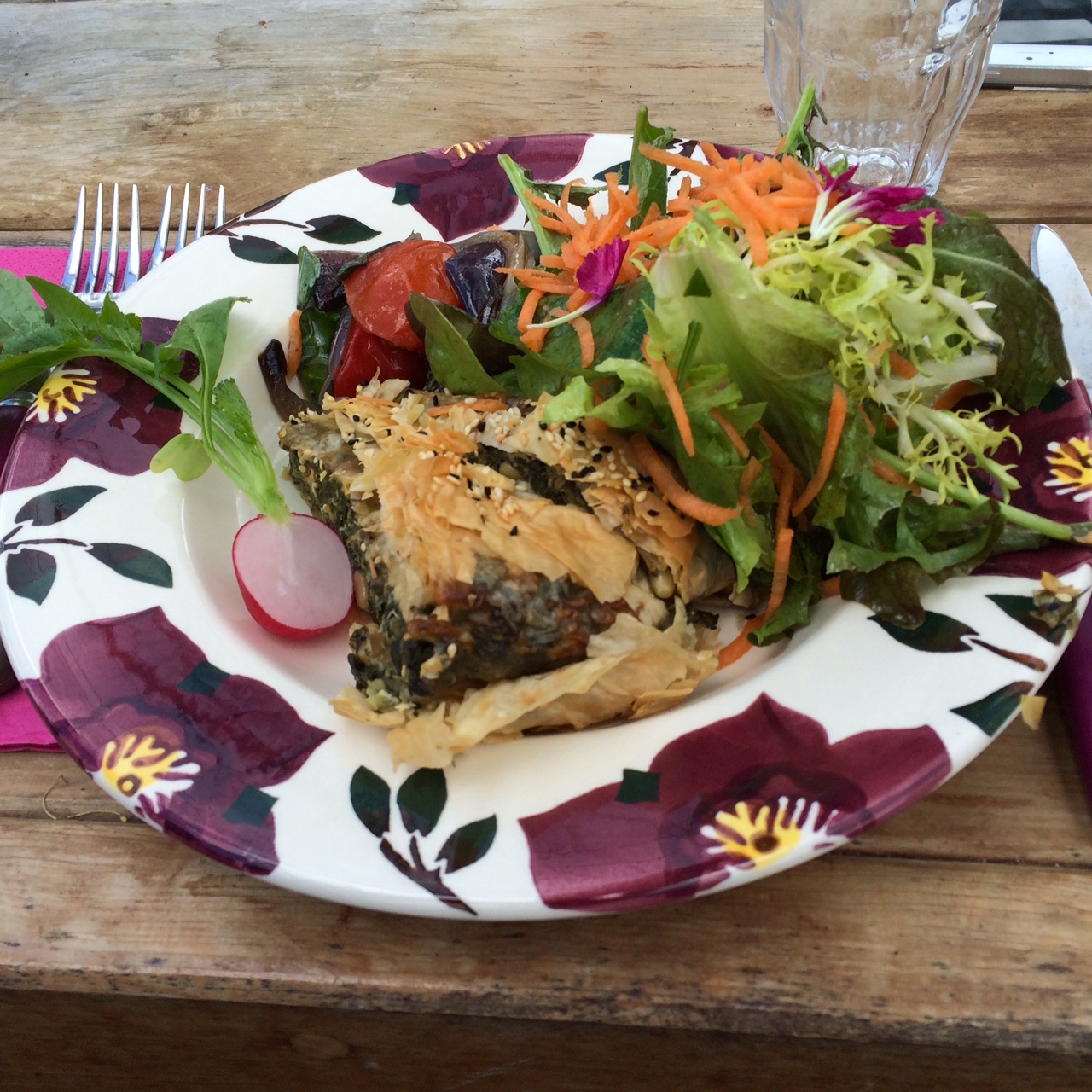
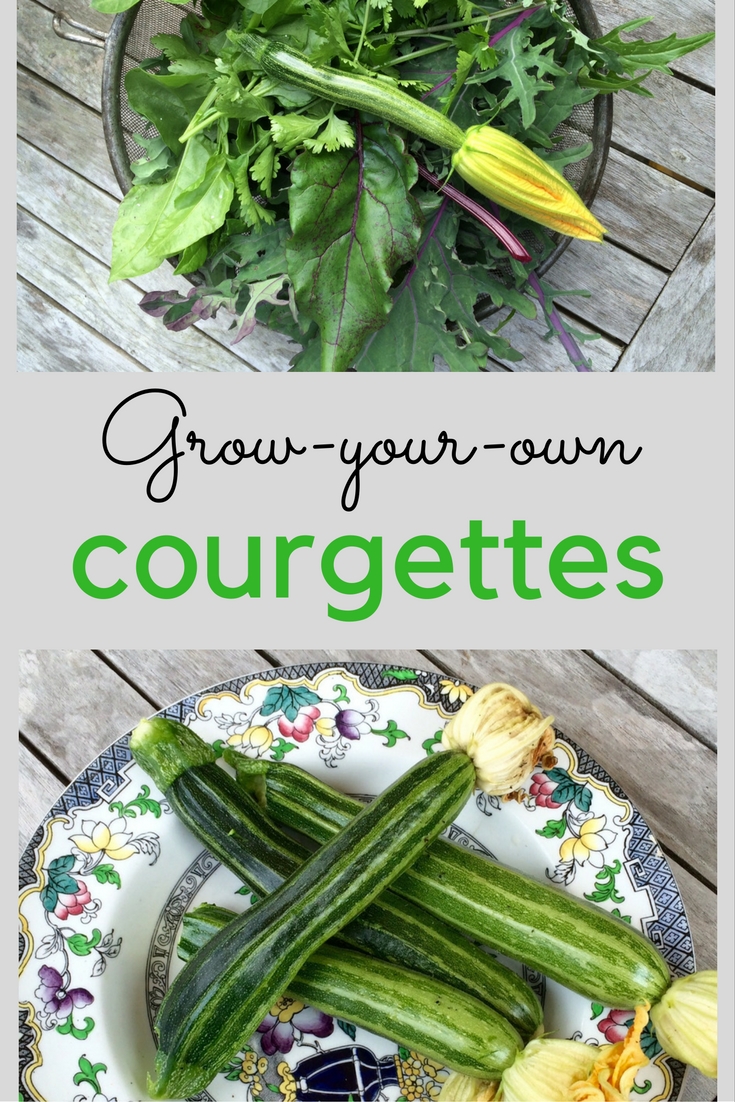
Leave a Reply